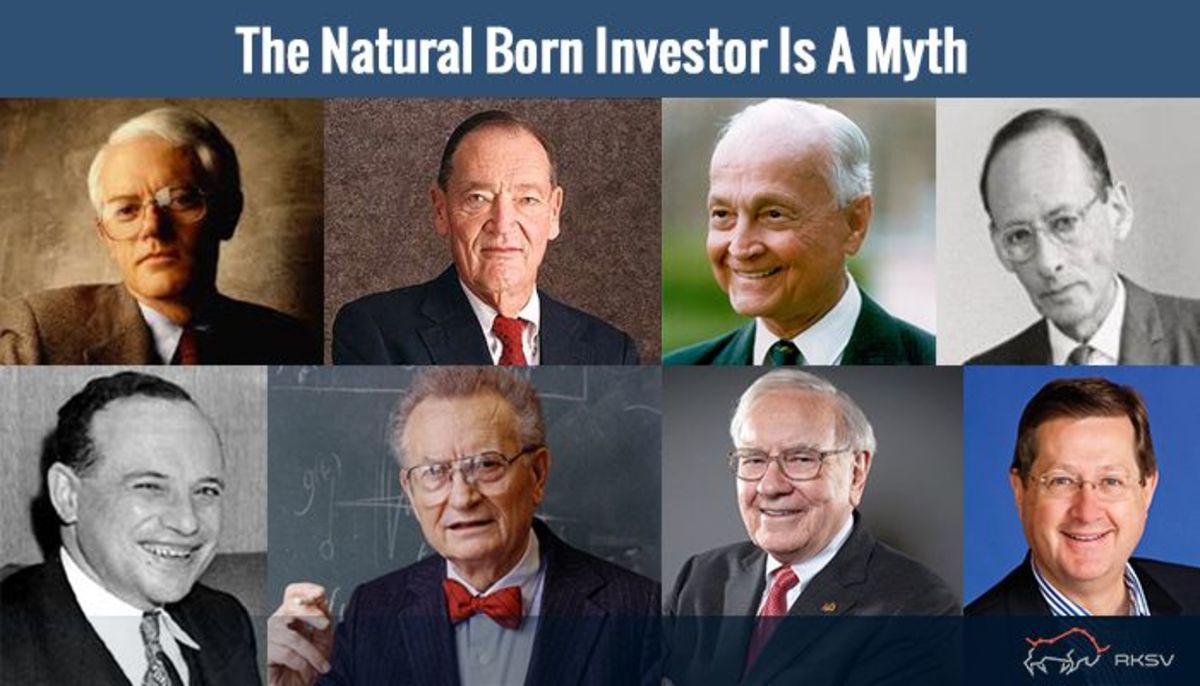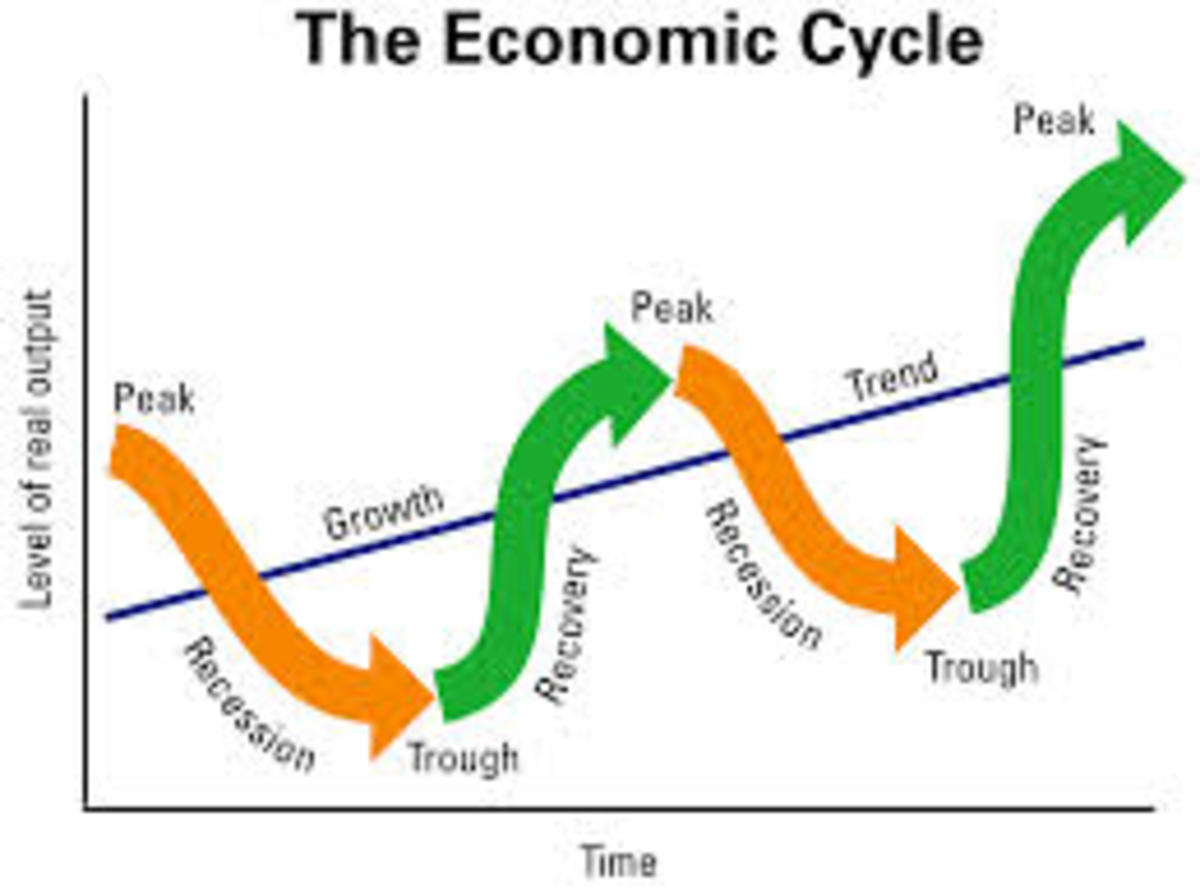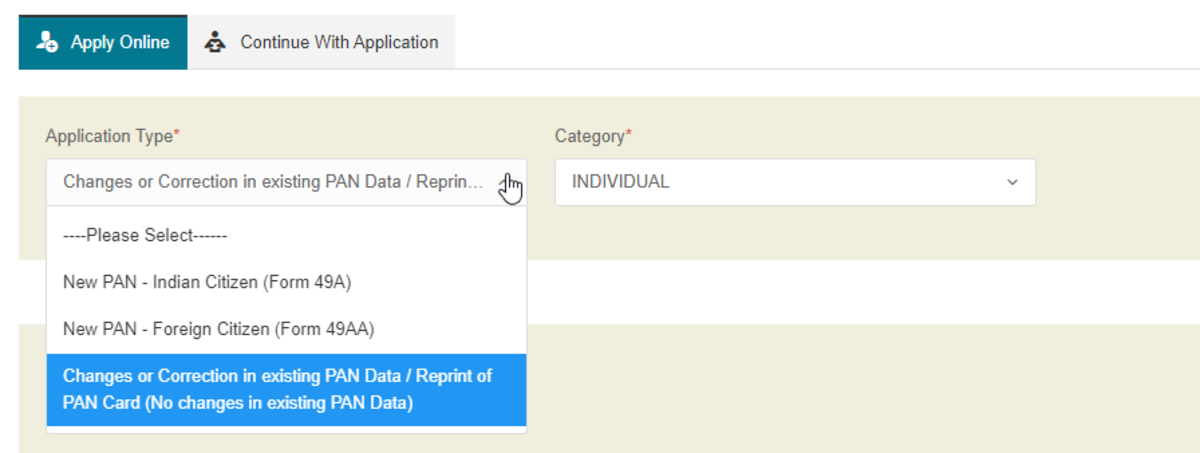Stock Investment - Basics

Stock Investment
(Disclaimer: This article does NOT give any insights about the trading market, or any complicated financial terms or jargons like Bulls and Bears,brokers, traders etc. You can refer to the relevant places for stock market information of various stock exchanges. The article is a very basic tutorial or introduction to people who simply find it difficult to understand the whole stock trading process, because of the overloaded or complex information available over the internet and books.)
After having worked for half a decade in one of the US’s leading stock exchanges, I have got some ditsy idea about what exactly do these financial jargons like shares, stocks, listed exchange, etc mean. I am not a money person, nor did I ever think of investing anything anywhere, so my life has remained almost simple and free of troubles. Even at the stock exchange, my work was basically on the technical side of the whole process. Still, it is impossible for a person to remain completely dry, when being immersed in an ocean. My IQ level never allowed me to completely understand the way stocks and stock exchanges work, till I actually went there and saw how things like stock market trading, stock investing and market exchange, etc are carried on. The financial encyclopedias were more like some conspiring puzzles to me, and to understand the terms written in them, I had to open various other lexicons and references.
I feel that investment in stocks is more like dating. The more risks you take, the better returns you get. At the same time, the chances of losing your money are also directly proportional to your dare to take risks.

Stocks - In Layman Terms
Does it sound exciting to you, to just be an owner to a successful business and have a good finance in hand, without worrying about going to work on a day-to-day basis? How would it feel, if you can just relax, acknowledge the progress of your company and let the money come in, while you accumulate the dividend checks? This thing may look like a fantasy dream to you, but it can become a reality in a much more approachable way, than you might think. As, you might have probably got the idea, here we are talking about owning stocks. This amazing instrument in financial domain is undoubtedly, one of the best tools ever manifested to generate wealth. Stocks are a part, if not the whole foundation of almost all the investment profiles. You can attain your financial freedom, by getting an insight to the world of stocks and knowing the ways in which the stock trading is operated on the stock market. Since past few decades, the interest and knowledge of an average person has grown many folds in the stock market. The thing which was considered to be a plaything for the rich has now become a common man’s hen that lays golden eggs. The possibility of generating wealth, along with the advancements done in the trading strategies and methodologies, has opened up many potential venues. This has enabled everybody to access, and own the stocks.
Stocks, despite being so popular and well known to the masses, haven’t been understood entirely by majority of people. An average individual learns much of the information about stocks, by communicating amongst the members of his peer group, who also don’t have much idea about what they are discussing. Even you might have some time, come across the sentences like “Rob’s cousin made a killing in XYZ company, and now he has got another hot tip”… or “Take care with stocks—you may lose your socks in a matter of days!”. All this misinformation has basically being spread out because of the get-rich-quick mindset that was particularly predominant during the great dotcom era, in late 90s. It made people think that stocks were their grand genie to manifest instantaneous wealth without any potential risk. The resulting crash of the whole dotcom business made it clear that, this is not true at all. Stocks have this ability to create enormous amount of money, but they also have their own risks. The only way to solve this is, by educating people in a better and more organized way.
The main idea behind trading safe in the stock market is to understand where you are investing your money. And, this was my motivation in creating this tutorial, i.e. to facilitate you in making intelligent and better investment decisions yourself.
Let me begin by first describing what a stock is, and then the classifications of stocks. This will be followed by a discussion on how they are traded, what are the reasons behind the change in stock prices, how to go ahead in purchasing stocks and so forth.

What exactly are Stocks?
The Definition of Stocks
A Stock can be simply defined as a share in the act of having and controlling a company. Stocks symbolize a title or claim on the company’s revenues and capital. As you attain greater amount of stocks, you increase your ownership stake in the company. Irrespective of what name you give - be it shares, stocks or equities, they all mean the same.
Owning the Stocks
Becoming an Owner bearing a company’s stocks means that you become a part of the many shareholders or owners of a company and hence, you have a claim (even though quite miniscule) to everything owned by the company. Yes, this means that fundamentally you are the owner of a tiny part of every thing the company owns, right from its trademark, to the contracts, building and furniture, etc. Being an owner, you are eligible to have your share of the company’s revenues as well as any voting privileges bonded to the stock. When you own a stock, you will be given a stock certificate as its representation. It is a paper document which has all the necessary details about your stock and represents the proof of your ownership. Now, with the advancement of technologies and usage of computers, you wouldn’t exactly see this certificate as a paper document, because your brokerage stores these records electronically, which is also called holding shares “in street name.” This facilitates the ease in online stock trading and investing. Conventionally, when a person wanted to trade his or her shares, that person had to carry the certificates physically, down to the brokerage. Now, the same trading can be done with just a mouse click or on a phone call, thereby facilitating the job to everyone’s convenience.
Once you become a shareholder of a public company, it doesn’t mean that you have to deal with the ever-day transactions of the business. In fact, your say in the company is actually limited to one vote per share, in order to elect the board of directors at the Annual Meetings. For example, if you are a shareholder of Microsoft, it doesn’t mean that you can give a call to Bill Gates and let him know about your strategies and ideas in running the company. In similar way, if you own shares of Anheuser Busch, it doesn’t mean that you can go into the factory and take a free case of Bud Light!
The management of the company is responsible to raise the value of the firm for shareholders. If this doesn’t take place, the shareholders have the power to vote and get the management removed, at least theoretically. As a matter of fact, an average individual investor doesn’t possess enough shares to make any material impact on the company. The big boys like large institutional investors and billionaire entrepreneurs are the ones who really make these decisions.
Check the needs, demands and risks involved with stock trading, here.









